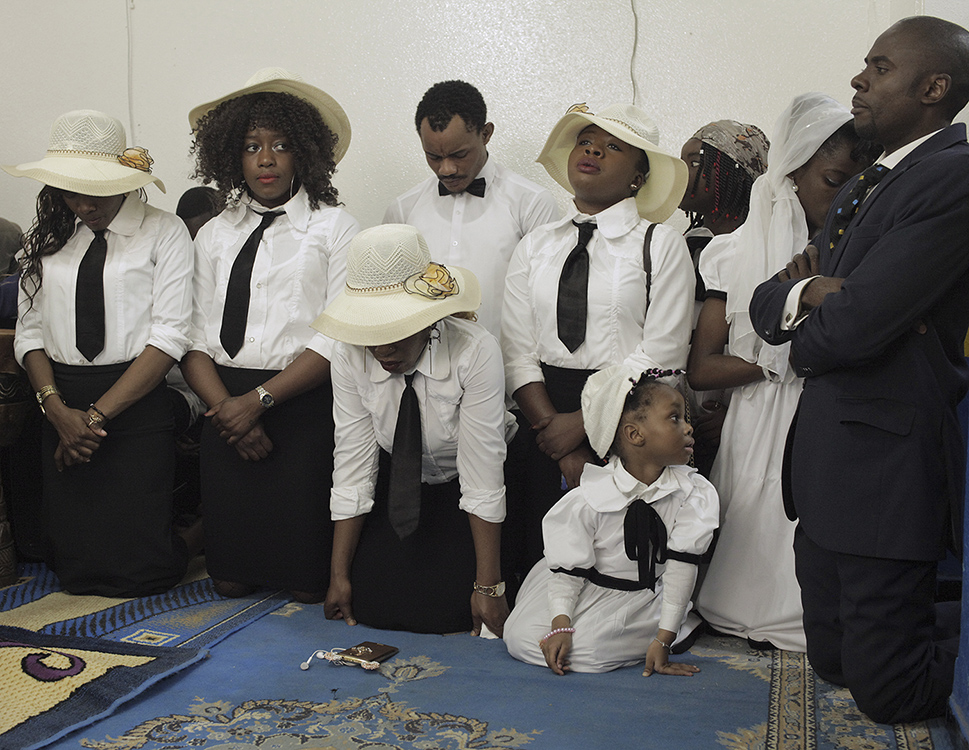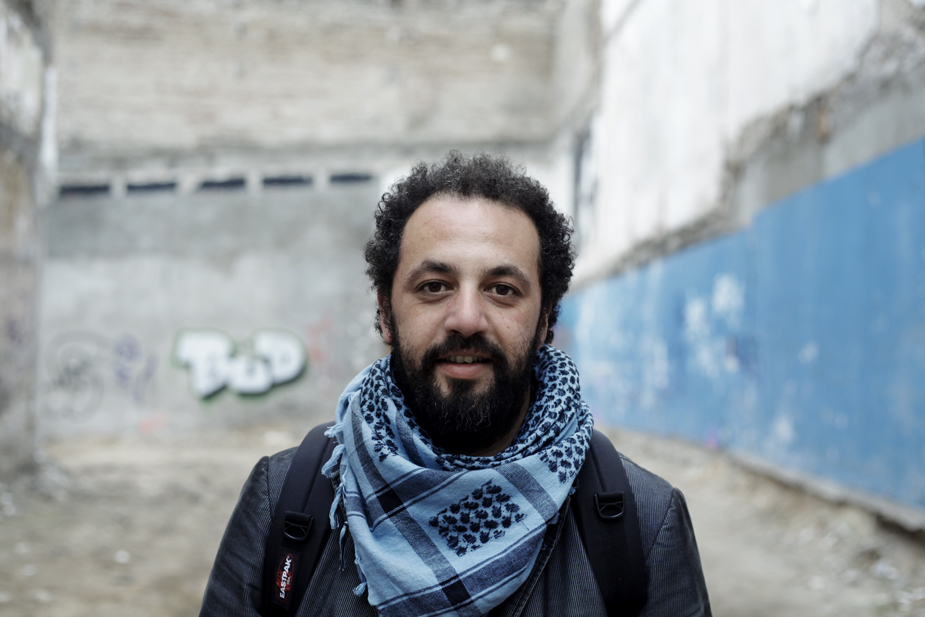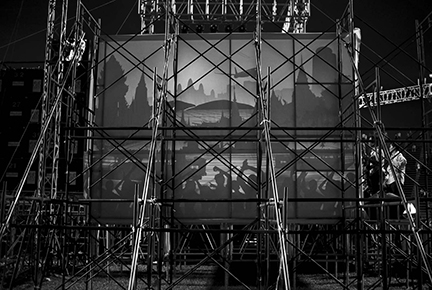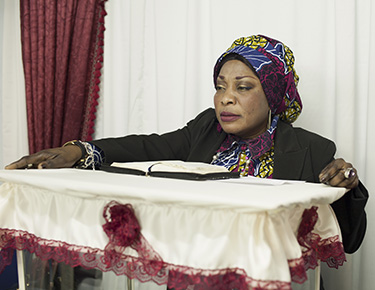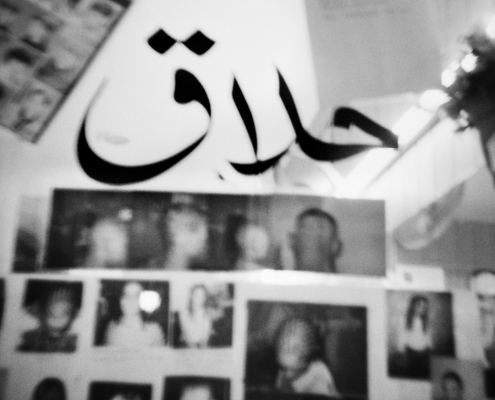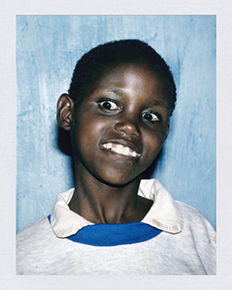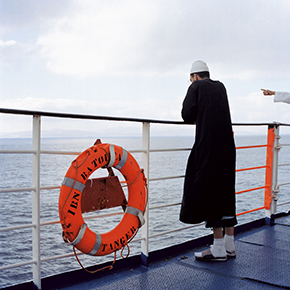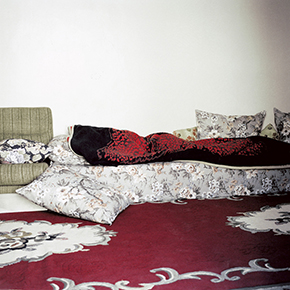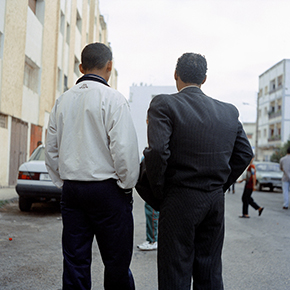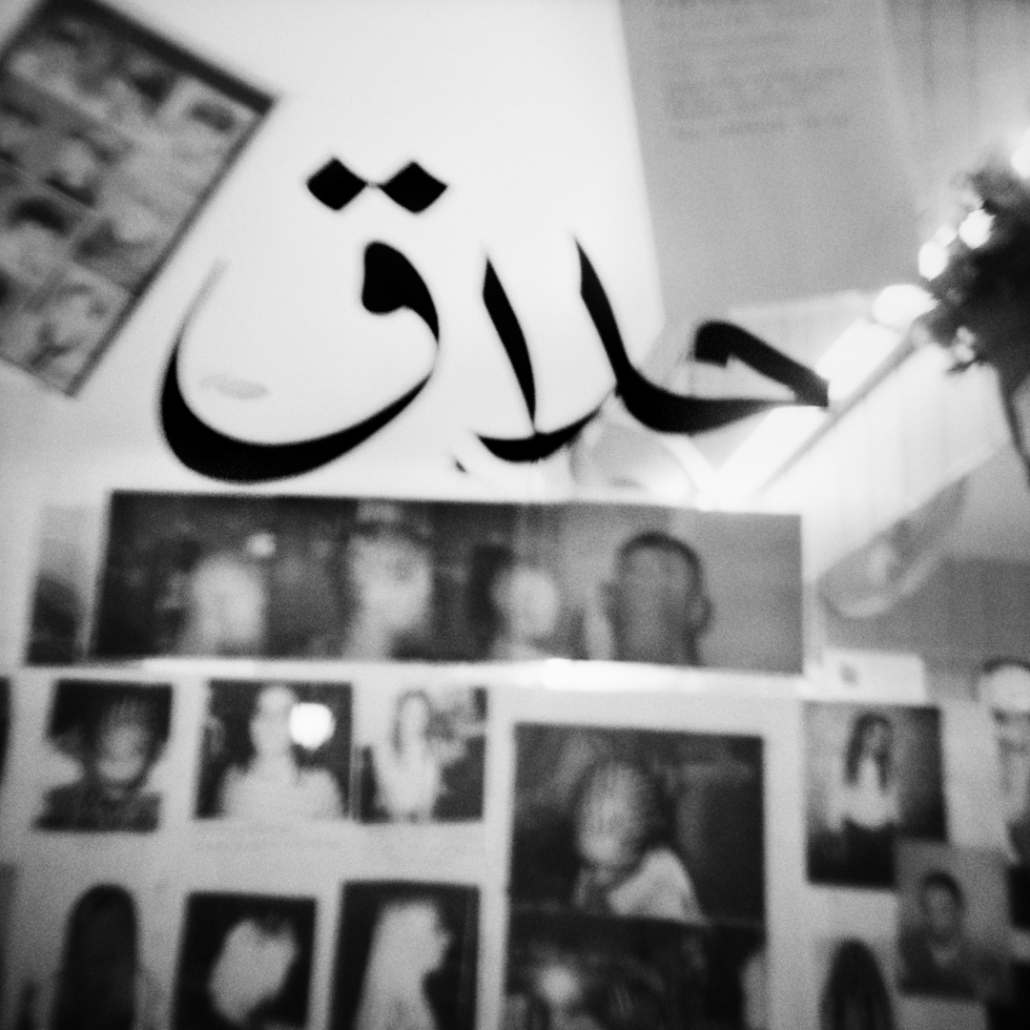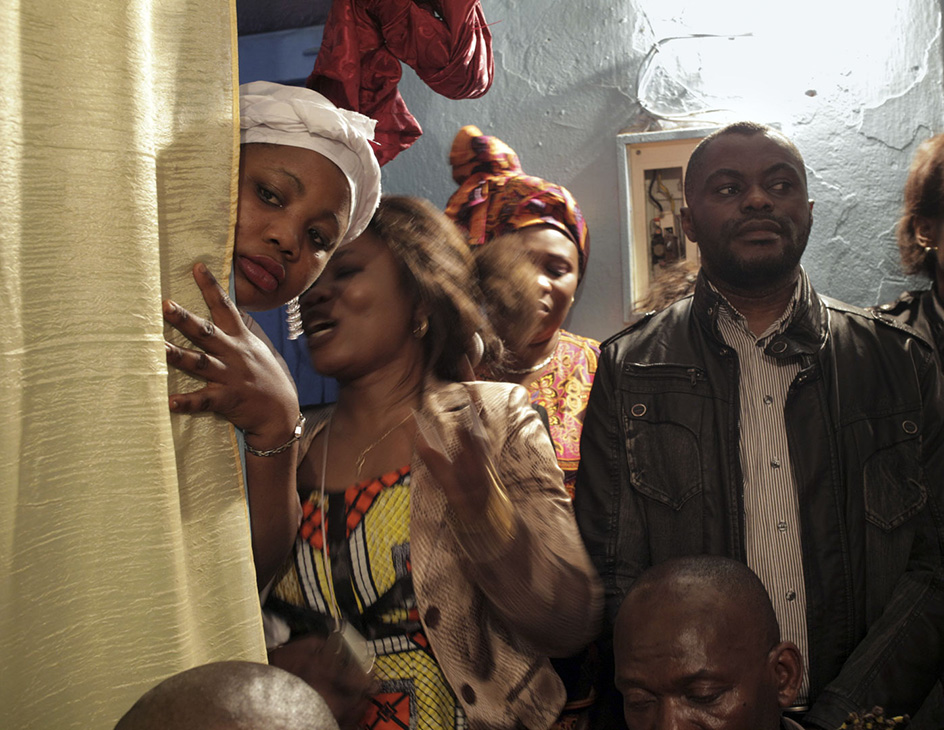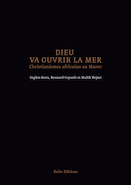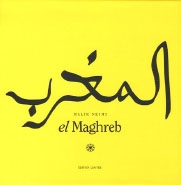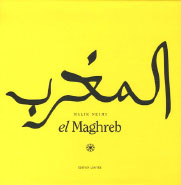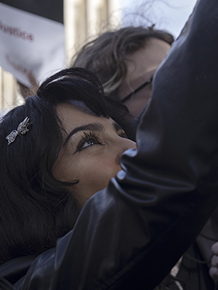 https://agencevu.com/wp-content/uploads/2025/10/2025-10_FreeKoutchi_00b.jpg
290
218
Jean-Baptiste Henimann
/wp-content/uploads/2021/05/logo-vert-2.svg
Jean-Baptiste Henimann2025-10-09 12:00:132025-10-09 12:09:18#FreeKoulchi, 2025
https://agencevu.com/wp-content/uploads/2025/10/2025-10_FreeKoutchi_00b.jpg
290
218
Jean-Baptiste Henimann
/wp-content/uploads/2021/05/logo-vert-2.svg
Jean-Baptiste Henimann2025-10-09 12:00:132025-10-09 12:09:18#FreeKoulchi, 2025Malik
Series
videos
HAFA, 2018
—
During a research stay in Tangier, Malik Nejmi is working on the story of Omar Ba, a Senegalese migrant in transit. From this experience was born an exchange of films and objects. A child’s sandal, a cloth, a jerrycan, a prayer book became the haunting object of another quest, of a new mythology. The question then arises of how to “remember” these migratory stories. Here he proposes a staging in a film essay with the dancer Barbara Sarreau.
Director : Malik Nejmi
Production : le G.R.E.C
With Camargo Foundation & Fondation Nationale d’Arts Graphiques et Plastiques
Crossings, 2017
—
“An ethno-poetic investigation, a wander through an Afro-futuristic Casablanca, a heroic quest for the migrant who has now disappeared but who is nevertheless there, everywhere in us, and through whom our Western societies feel today crossed.”
Beyond the political dimension of migration, this creation seeks to delve into the marvellous and the dream to evoke more painful subjects linked to departure: the burning, the loss of reference points, separation, disappearance. The result of this liminal experience is the desire for the four artists to reconcile this intimate feeling that the migratory narrative and their respective artistic practices could “ward off bad luck”, tell us and give us a different view of migration.
Traversés is a performing film-novel, inspired by a research conducted by Malik Nejmi in Tangier with Omar Ba, a Senegalese migrant in transit in Morocco who transmitted to the artist a set of objects from the crossing of the Strait of Gibraltar as well as a series of films that they both imagined and produced. Around a device with four practices, the prepared piano (Laurent Durupt), slam (Mehdi Krüger), performance (Touda Bouanani) and photography and video (Malik Nejmi) are confronted with the presence on stage of a set of objects from migration that belonged to Omar. Their presence refers us to the absence of the migrant, whose voice reaches us through a dream, while the two narrators’ fragmented narration slowly guides us towards a fiction that is sometimes reminiscent of Chris Marker’s The Pier.
For the four artists, migration then becomes the place of experience, a common space of thought that is only made possible by the displacement of the border.
An odyssey, 2015
—
As part of an invitation for an artistic residency in the Mediterranean, Malik Nejmi shares the crossing of the Strait of Gibraltar with a scientific team and sailors studying climate change and plastic pollution. During this leg (Barcelona-Tangiers crossing), the artist seeks in the intimacy on board to be told about the dreams and the marvellous aspect of the sea journey. This request is translated into a series of black and white video portraits where he films the swinging of each person’s body in a simple cabin on the boat.
The triptych video installation Une Odyssée works to the rhythm of Laurent Durupt’s music (piano, percussion), the poem written and read by Touda Bouanani, and the performance of the invited artists.
Les morts ne sont pas morts, 2014
—
Production of Malik Nejmi
2012-2014 Villa Medicis, Institut Français de Florence, KUlte Gallery
“Malik Nejmi’s film opens with a collective commemoration in a mosque. The film is followed by images and sound throughout the sequences. The artist invites us to contemplation and meditation. Through the phrase of the doctor-poet Birago Diop, “the dead are not dead”, we seek the presence of the disappeared through faces, places and words. The religious is here put at the service of a commitment and a cause: that of the human being, whatever his country, his religion, his colour. Political discourse relays religious discourse through demonstrations, messages and slogans. The testimony of the photographer-filmmaker invites us to maintain the social link that allows us to continue to work with generosity and to honour those who have left us.”
Jalil Bennani
Interviews
Portrait of Malik NEJMI, artist supported by the FNAGP patronage commission
ADAGP with the support of Arte Créative
—
2018
Portrait of Malik NEJMI, artiste supported by the FNAGP patronage commission.
Project title: Les morts ne sont pas les morts, 2014.
Polizones
RFIEA
—
2016
Within the framework of his research project with the Institutes for Advanced Studies, Malik Nejmi seeks to understand the Mediterranean area from the perspective of (re)conquest.
Exhibitions
Dieu va ouvrir la mer
—
May 18 to June 30, 2023
—
Forum de l’Humathèque Condorcet
BOOKS
awards
2020
Support for creation, Centre National des Arts Plastiques
For ” Wess Wess “.
2018
Documentary photography grant, Centre National des Arts Plastiques
For ” God will open the sea “.
2015
Fellow research, Mediterranean Institute of Advanced Research (IMéRA Marseille)
For his research work in Tangier ” Lost and Found “.
Creation grant, Fondation des Artistes
For his research work on Senegalese migration (Dakar, Tangier)
2013-2014
Villa Medici, Académie de France à Rome
For “The Moroccan room” and the video “4160”
2009
Public commission, Centre National des Arts Plastiques
Mosaics, on cultural diversity in France.
2007
First prize in Photography at the Académie des Beaux-Arts
For ” A bird in the hand worth two in the bush”
2005
Special mention, Nadar Book Prize
Kodak Prize of the Photographic Critics
For “El Maghreb”
